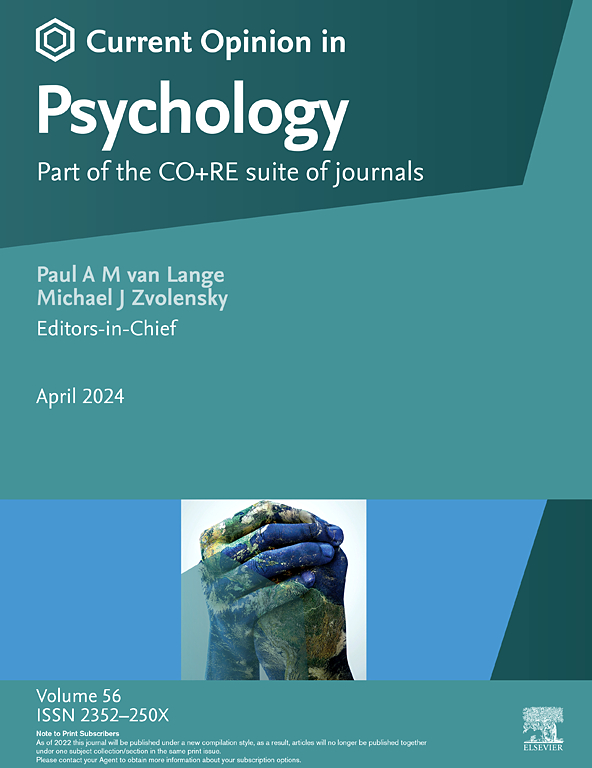Diversity initiatives: Intended and unintended effects
IF 6.3
2区 心理学
Q1 PSYCHOLOGY, MULTIDISCIPLINARY
引用次数: 0
Abstract
The prevalence of diversity initiatives in organizations has prompted significant debate regarding whether they are necessary and effective. This paper provides a synthesis of classic and contemporary work on the effectiveness of diversity initiatives. We define diversity initiatives as practices used by organizations to improve the experiences and outcomes of marginalized social groups, and briefly review how both the labels used to refer to diversity initiatives and the underlying motives for adopting them have shifted over time. To understand their effectiveness, we review research on whether diversity initiatives work as intended, as well as whether they produce detrimental, unintended effects, including backfire (e.g., increased discrimination against target groups) and negative spillover (e.g., negative attitudes among non-target groups). Finally, we review research on strategies for increasing diversity initiative effectiveness that either increase the likelihood of intended consequences or decrease the likelihood of detrimental, unintended consequences. Our review indicates that although diversity initiatives are not necessarily effective, there is considerable evidence that they are useful for improving workplace outcomes for the groups they target when implemented in certain ways. We conclude with a discussion of avenues for future research aimed at improving diversity initiative effectiveness.
多样性倡议:预期效果和意外效果
组织中多元化举措的盛行引发了关于这些举措是否必要和有效的激烈争论。本文综述了有关多元化举措有效性的经典和当代研究成果。我们将多元化倡议定义为组织为改善边缘化社会群体的经历和结果而采取的措施,并简要回顾了用于指代多元化倡议的标签和采取这些措施的根本动机是如何随着时间的推移而变化的。为了了解这些措施的有效性,我们回顾了有关多样性措施是否按预期发挥作用的研究,以及它们是否产生了有害的、意外的影响,包括适得其反(如增加对目标群体的歧视)和负面溢出(如非目标群体的负面态度)。最后,我们回顾了有关提高多元化倡议有效性的策略研究,这些策略可以提高预期后果的可能性,或降低有害的意外后果的可能性。我们的综述表明,尽管多元化倡议不一定有效,但有大量证据表明,如果以某些方式实施,它们对改善其目标群体的工作场所结果是有用的。最后,我们讨论了旨在提高多元化倡议有效性的未来研究途径。
本文章由计算机程序翻译,如有差异,请以英文原文为准。
求助全文
约1分钟内获得全文
求助全文
来源期刊

Current Opinion in Psychology
PSYCHOLOGY, MULTIDISCIPLINARY-
CiteScore
12.10
自引率
3.40%
发文量
293
审稿时长
53 days
期刊介绍:
Current Opinion in Psychology is part of the Current Opinion and Research (CO+RE) suite of journals and is a companion to the primary research, open access journal, Current Research in Ecological and Social Psychology. CO+RE journals leverage the Current Opinion legacy of editorial excellence, high-impact, and global reach to ensure they are a widely-read resource that is integral to scientists' workflows.
Current Opinion in Psychology is divided into themed sections, some of which may be reviewed on an annual basis if appropriate. The amount of space devoted to each section is related to its importance. The topics covered will include:
* Biological psychology
* Clinical psychology
* Cognitive psychology
* Community psychology
* Comparative psychology
* Developmental psychology
* Educational psychology
* Environmental psychology
* Evolutionary psychology
* Health psychology
* Neuropsychology
* Personality psychology
* Social psychology
 求助内容:
求助内容: 应助结果提醒方式:
应助结果提醒方式:


